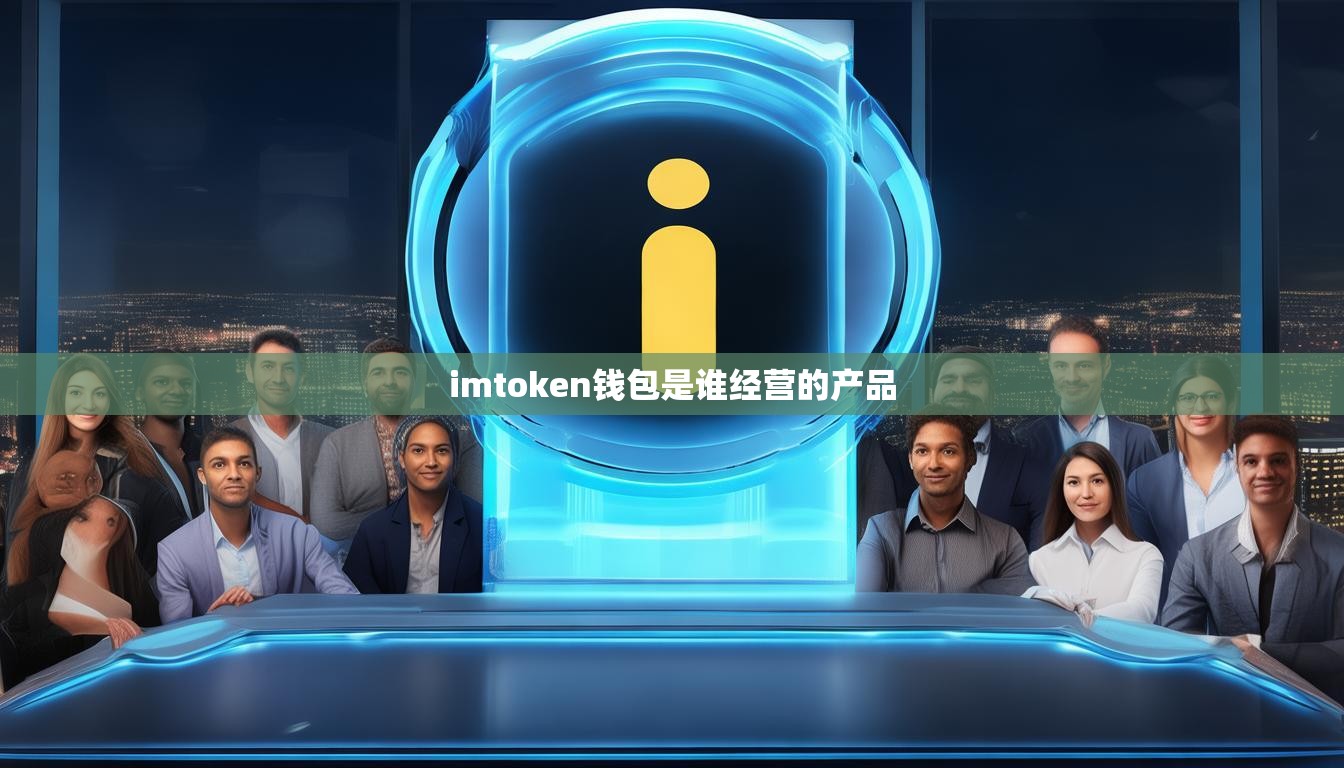imToken钱包是谁经营的产品?
imToken钱包是目前全球最受欢迎的数字货币钱包之一,尤其以支持以太坊及多种ERC-20代币而闻名,它由imToken团队开发并运营,是一家专注于区块链技术和加密货币管理的公司,本文将从imToken的背景、团队、发展历程以及产品特点等方面,深入解析这款钱包的运营主体。
imToken的运营主体
imToken钱包的开发和运营由杭州融识科技有限公司(ConsenLabs)负责,该公司成立于2016年,总部位于中国杭州,并在新加坡设有分部,以服务全球用户,虽然最初在中国市场起步,但由于监管政策的变化,imToken逐渐将业务重心转向国际市场,并在新加坡等地设立运营中心,以符合不同地区的合规要求。

imToken的创始人兼CEO是何斌(Ben He),他是一位资深的区块链技术专家,曾在阿里巴巴等知名科技公司工作,在他的带领下,imToken团队专注于打造安全、易用的区块链资产管理工具,并逐步扩展至去中心化金融(DeFi)和Web3生态。
imToken的发展历程
- 2016年:imToken钱包正式上线,最初仅支持以太坊钱包管理。
- 2018年:用户突破500万,成为全球最大的以太坊钱包之一。
- 2020年:推出imToken 2.0版本,支持多链资产管理,包括比特币、EOS等。
- 2021年:加强DeFi生态整合,支持去中心化交易所(DEX)和质押服务。
- 2023年:进一步优化安全功能,推出硬件钱包支持,并探索Web3身份认证。
imToken的成功离不开团队的持续创新和对安全性的高度重视,尽管市场上存在MetaMask、Trust Wallet等竞争对手,imToken仍然凭借其用户体验和全球化战略占据重要市场份额。
imToken的核心特点
- 多链支持:除了以太坊,还支持BTC、Polkadot、Filecoin等主流公链。
- 去中心化金融(DeFi)整合:用户可以直接在钱包内使用Uniswap、Compound等DeFi协议。
- 安全可靠:采用分层确定性(HD)钱包架构,并支持硬件钱包(如Ledger)。
- 全球化运营:提供多语言版本,服务覆盖北美、欧洲、亚洲等多个地区。
imToken的未来展望
随着区块链行业的发展,imToken正在探索更多可能性,
- Web3身份系统:让用户拥有去中心化数字身份。
- 跨链互操作性:支持更多区块链网络的无缝交互。
- 合规化发展:在监管框架内提供更安全的加密货币服务。
imToken钱包是由杭州融识科技有限公司(ConsenLabs)经营的产品,团队由区块链资深专家何斌领导,经过多年发展,它已成为全球知名的去中心化钱包,并在DeFi和Web3领域占据重要地位,imToken将继续推动加密货币的普及,并成为连接传统金融与区块链世界的重要桥梁。
imtoken钱包是谁经营的产品,imtoken钱包dapp
发表评论
◎欢迎参与讨论,请在这里发表您的看法、交流您的观点。